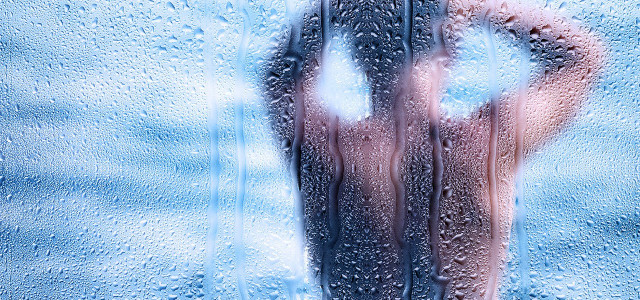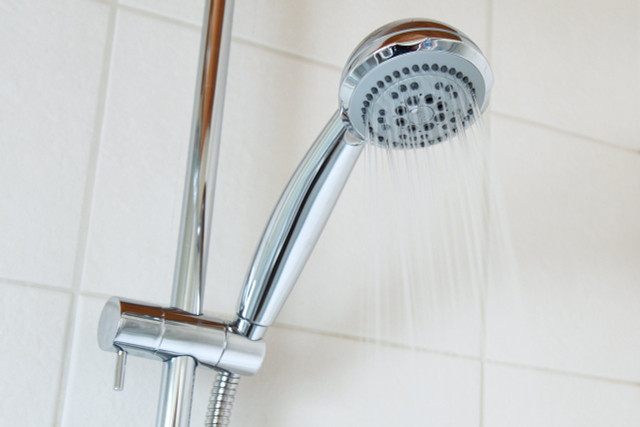
Does it make more sense to shower in the evening or in the morning? We compare the respective advantages and disadvantages and give you tips on how to pay attention to sustainability when showering.
Shower in the evening or in the morning?
Are you wondering whether you should shower in the evening or in the morning? Both have their advantages: if you take a shower in the morning, you wake up faster. Especially with cool water you can strengthen your attention and concentration because it releases adrenaline. With an evening shower, on the other hand, you can get rid of the dirt of the day. In addition, showering in the evening relaxes your body. This will make you more tired and help you sleep better.
According to Deutschlandfunk Nova, it is particularly advisable for people with sensitive skin to take a shower in the evening. This is supposed to promote the regeneration of the acid mantle of the skin. If you sweat a lot at night or have very greasy hair, a shower in the morning is recommended. So there is no clear answer to the question of whether you should shower in the evening or in the morning. It all depends on your needs, preferences and habits.
Shower sustainably: you should pay attention to this

(Photo: CC0 / Pixabay / PublicDomainPictures)
It doesn’t matter whether you shower in the evening or in the morning: it’s worth paying attention to sustainability! With our five tips, you can shower as economically and environmentally friendly as possible and avoid common shower mistakes:
- Take short, lukewarm showers: Make sure you don’t shower too often or for too long. In itself, it is sufficient for your personal hygiene to shower two to three times a week. Above all, you should make sure that you generally only take short showers. In this way you counteract unnecessarily high energy and water consumption.
- Only soap the most important parts of your body: You don’t have to soap your entire body when you shower. It is quite sufficient if you soap the areas from which grease and odors emanate. The layers of skin on the arms and legs in particular can dry out quickly. You protect them by showering them with clear water. But beware: you should not forget your feet when soaping up, as they produce a lot of sweat.
- Refrain from washing your hair every day: It is best to wash your hair only once or twice a week or at most every other day. Otherwise, the scalp dries out and tries to compensate for this condition with additional oil production. You also save a lot of water and energy with fewer hair washes. You can find out more about this in this article: How often to wash your hair: That often is healthy.
- Use natural cosmetic products for showering: Conventional shampoos and shower gels often contain questionable ingredients. These are harmful to both your health and the environment. It is therefore worth using certified natural cosmetics that are free of microplastics and other synthetic substances.
- Showering with low water pressure: If you pay attention to low water pressure when showering, you can save a lot of warm water. You can either reduce the pressure manually or decide to invest in an economy shower head.
Read more on Techzle.com:
- Taking a cold shower: that’s how good it is for your health
- Contrast showers: This is how you can boost your immune system
- Shower or bath: which is healthier and uses less water?